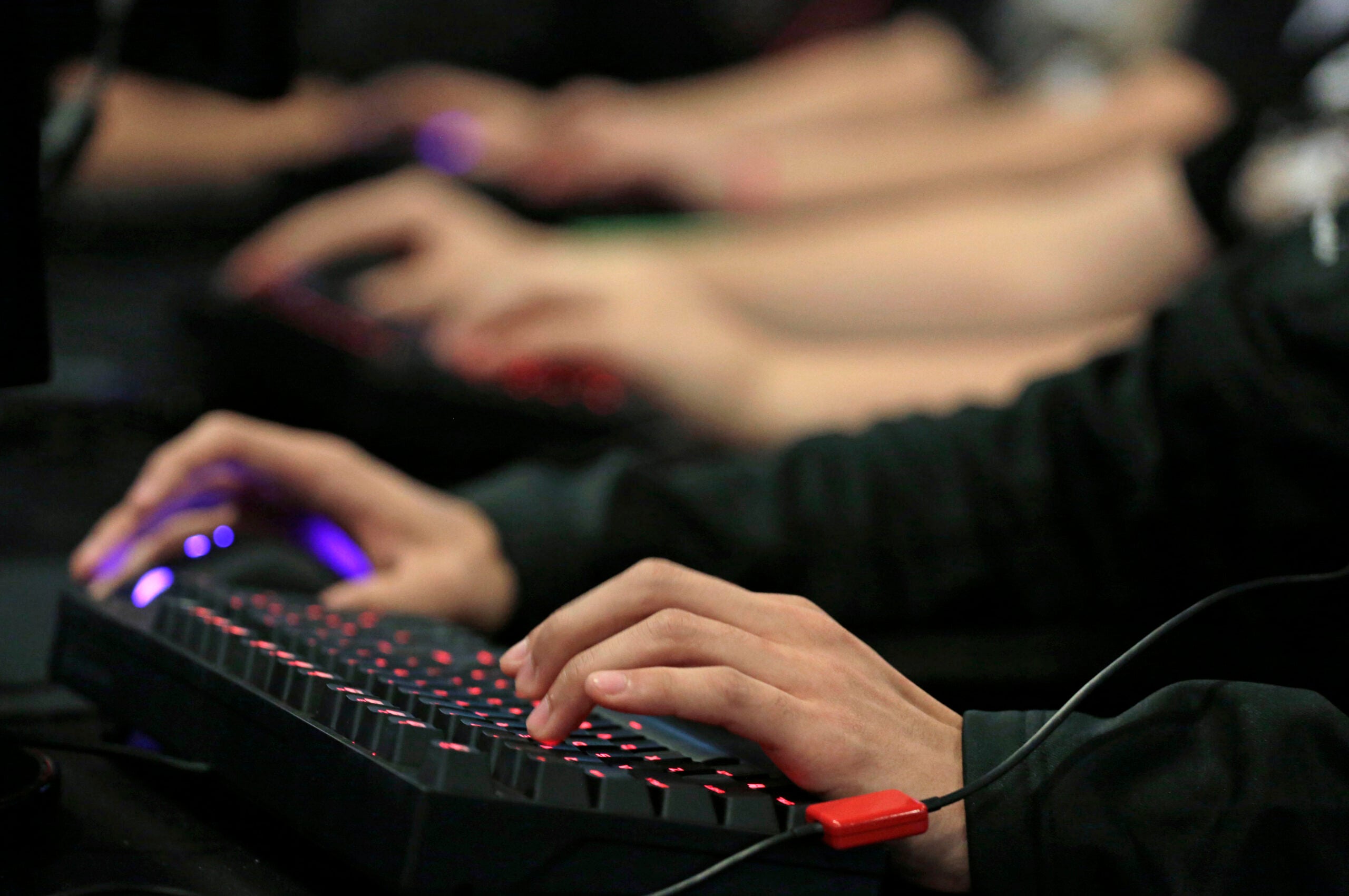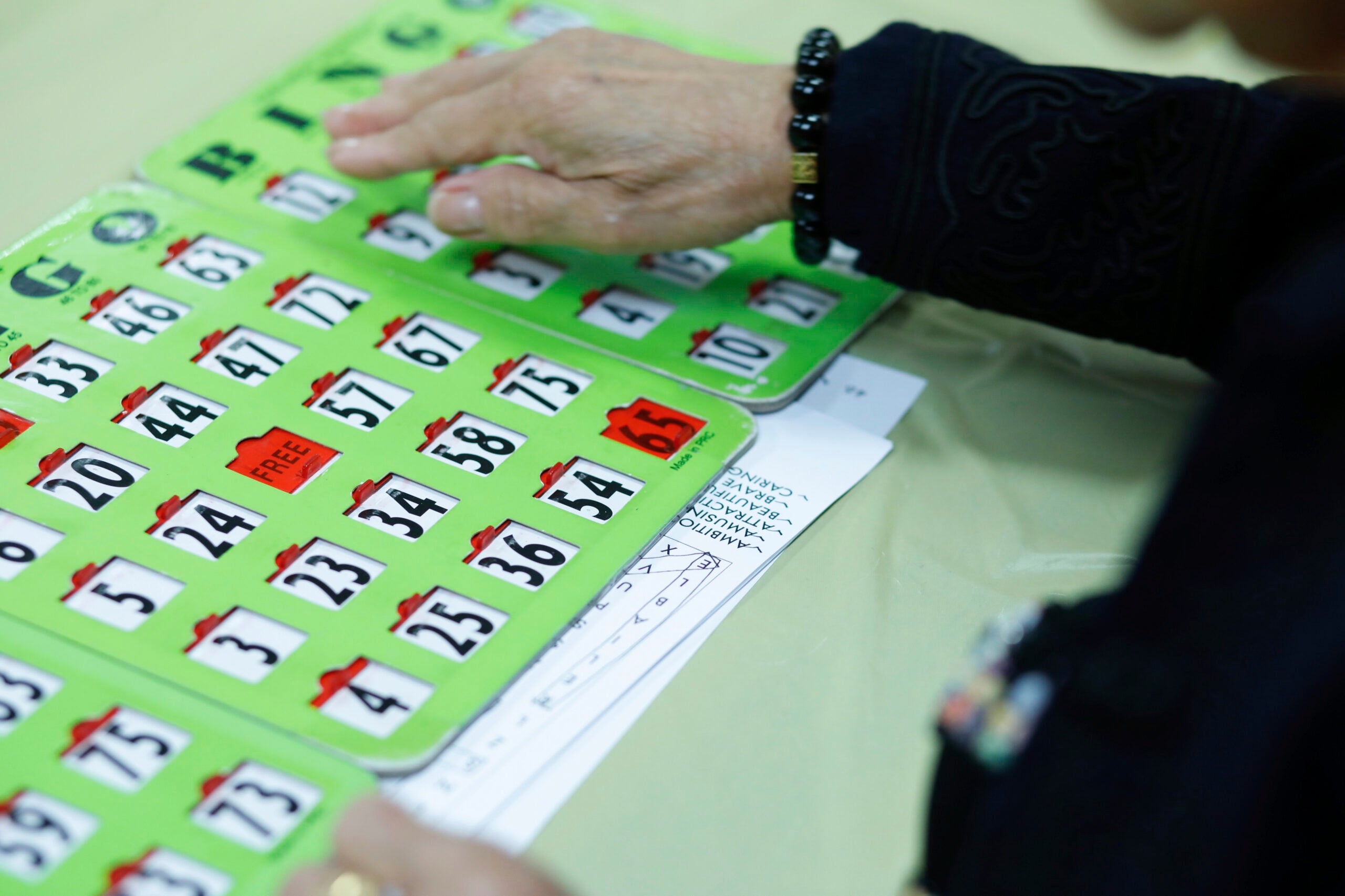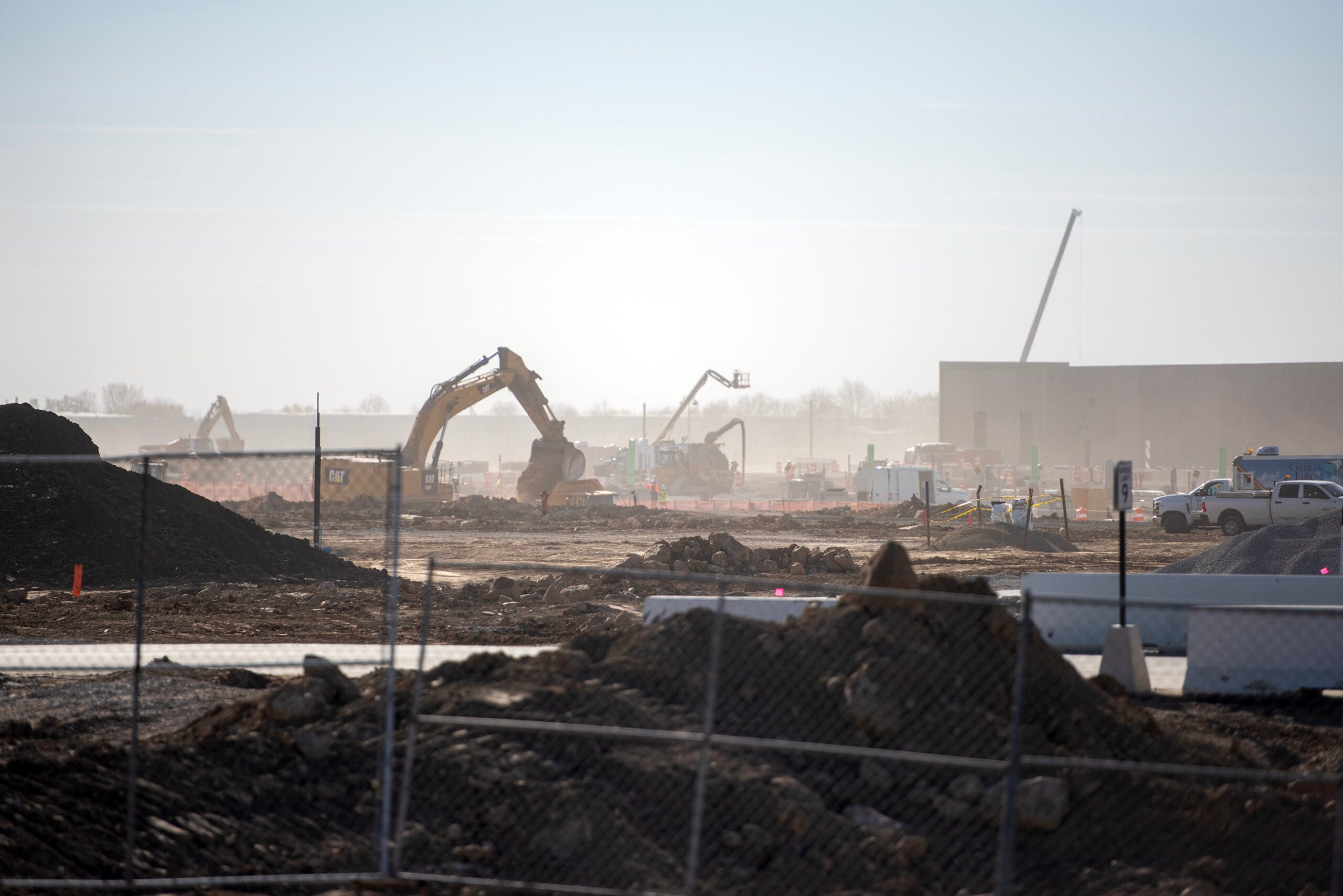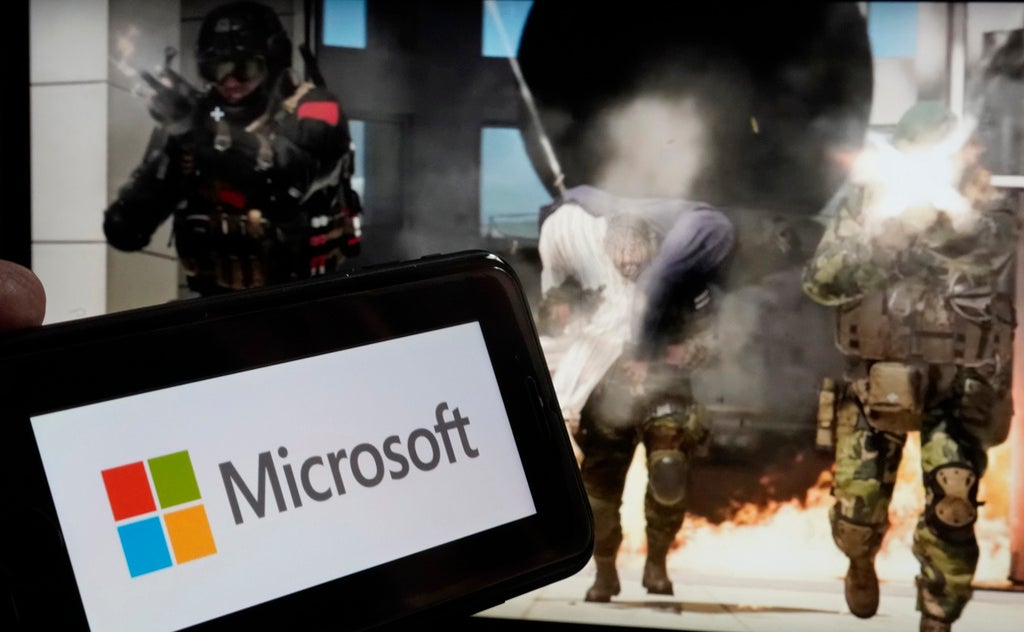Ben Kvalo feels a lot better today about creating video games than when he was a student at the University of Wisconsin-Green Bay.
“There was no hope or idea that we could actually go and get into this industry,” he said.
Now Kvalo leads a video game publisher based in the same city he went to college. The publisher is called Midwest Games, underscoring his goal for the Midwest and Wisconsin to be a larger player in the video game industry with an estimated worth of nearly $200 billion worldwide.
News with a little more humanity
WPR’s “Wisconsin Today” newsletter keeps you connected to the state you love without feeling overwhelmed. No paywall. No agenda. No corporate filter.
“Now we have the hope, the opportunity,” he said. “That’s going to spark the ability for people to go off, create their game studios and work with folks like ourselves — publishers — to bring a game to market.”
With the rise of remote work, leaders in Wisconsin’s burgeoning video game industry are making a push to have the state become a respected hub that boasts the same level of talent as coastal tech hotspots.
In recent months, WPR’s “The Morning Show” and “Central Time” explored efforts to grow the industry. During appearances on the shows, business and educational leaders explained how public policy initiatives could help put Wisconsin on the map. They also discussed what colleges could offer students aspiring to work on video games.
‘Want to bring it back’
Wisconsin’s influence on the gaming industry stretches back to 1974, when a popular table-top fantasy game, Dungeons & Dragons, began in Lake Geneva, said Andrew Williams, an art and design history professor at UW-Stout.
Last year’s top-rated video game at the Game Awards — “Baldur’s Gate 3” — takes place in the Dungeons & Dragons universe, sharing story and setting.
The Midwest lost a major foothold in the video game industry when a Chicago-based publisher called Midway filed for bankruptcy in 2009 and sold its properties to Warner Bros.
Kvalo said nothing filled the void after Midway’s downfall. About two-thirds of the industry sits in California, Washington and Texas, he said. That breaks down to mostly four regions: areas around San Francisco, Los Angeles, Seattle and Austin.
“We lost the tent pole that was the Midwest,” Kvalo said. “There is that history, and we want to bring it back.”
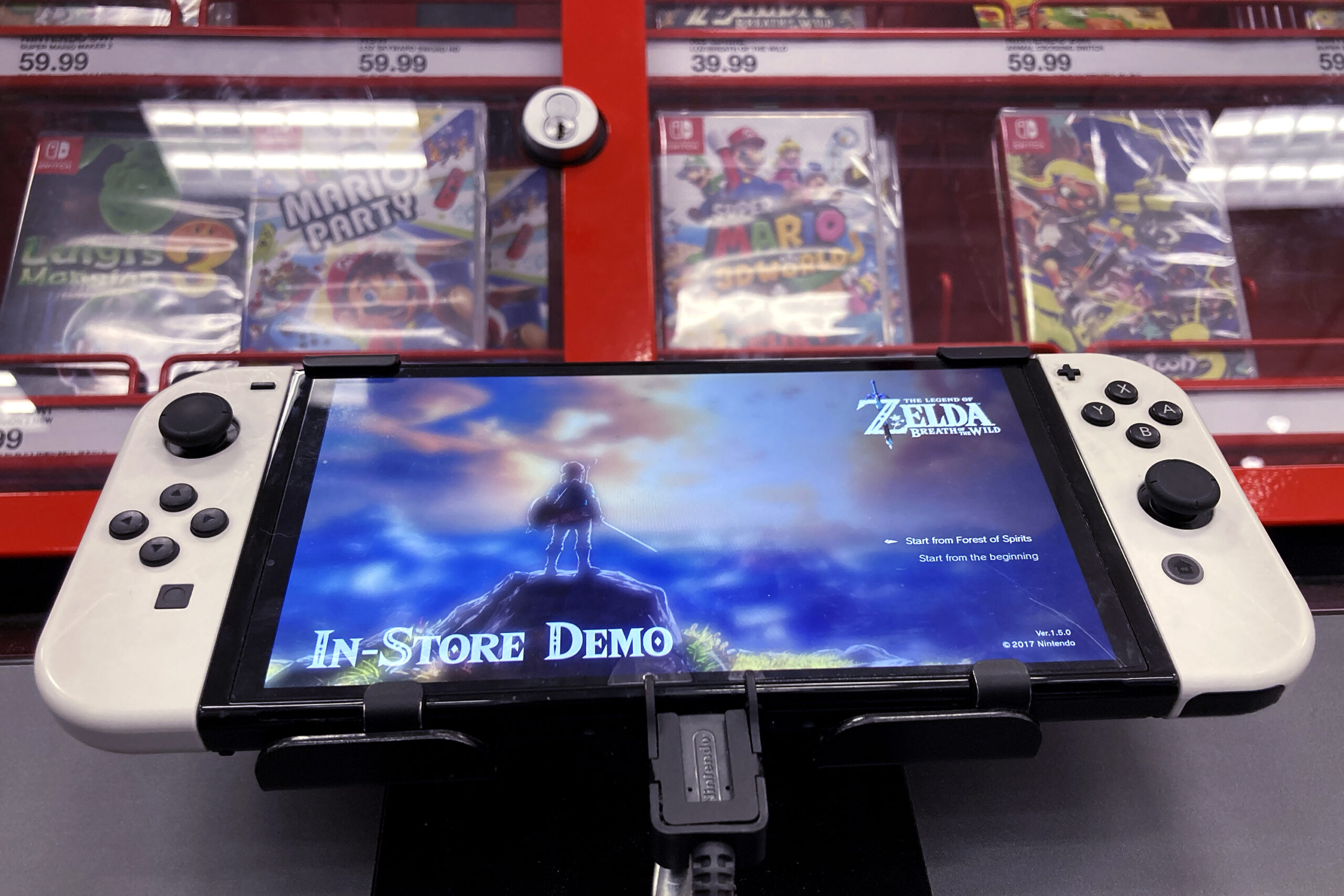
Policy aims to expand video game creation
Wisconsin legislators this year proposed attracting video game companies to the state with a new tax credit for wages and other expenses. They held a hearing on the bill a few months ago. But the legislative session ended before they held a vote on the measure.
State Sen. Patrick Testin, R-Stevens Point, said Wisconsin is in a war with 49 other states for talent.
“It’s incentives like these that will entice developers and employers to come into the state and continue to grow this industry right here in Wisconsin,” he said during a public hearing in January.
Tim Gerritsen, the COO of a Madison-based video game developer called Lost Boys Interactive, said tax breaks could help companies recruit more workers to Wisconsin.
“Our industry — when we move people in, they’re here to stay, and they become part of the community,” he said. “It’s not just the person. It’s their entire family that moves with them, that becomes part of the community.”
Lost Boys Interactive is a fully remote company with about 70 employees in Wisconsin. Many of the Wisconsin workers reside in rural areas and need access to high-speed internet, Gerritsen said.
At UW-Stout, Williams researches interactive media and digital games. He said broadband access is “absolutely essential” to expanding video game production in Wisconsin. Developers need access to online licenses, internet power to boot up software and access to large amounts of file storage, Williams said.
“I work with an educational game company as an arts director and environment artist, and we are entirely remote. We have people distributed all around the world,” Williams said. “I can’t imagine being able to do anything remotely like that efficiently without having a really good, firm infrastructure.”
Students prepare for video game workforce
Seth Berrier senses nervousness among his students at UW-Stout. Berrier teaches and leads the college’s computer science program. He said Wisconsin students worry about making it in the video game industry.
To Berrier, that feeling is especially palpable among artists. He said UW-Stout’s video game design program stands out because programmers and artists work together in the classroom. But artists are concerned about artificial intelligence.
Berrier said AI has been a “seismic event” in higher education and people in the gaming industry are already using it. Berrier said he has started integrating AI into some of his programming classes.
“We’ve tried to approach that from the standpoint of, ‘Hey, this is a tool. Put it in your toolbox. Learn how to use it well, and you can be a part of that,’” he said.
UW-Stout, UW-Whitewater and UW-Green Bay are among the Wisconsin colleges that offer programs to prepare students for the video game business. Kvalo from Midwest Games said he wants to work with universities to share what skills the industry desires.
“We want to make sure the programs are set up appropriately with where the industry is at today so that we can turn this incredible talent pipeline toward this growing industry that can make a giant impact to Wisconsin and the entire Midwest region,” he said.
Kvalo said he empathizes with Midwest creators who feel like the video game industry is only making room for workers in established tech hubs.
“I’m from these places. I’m from Wisconsin,” he said. “I’m from the places that have been overlooked for a long time.”
Kvalo said remote work will help diversify the types of games breaking through. He pointed to Farming Simulator’s immense popularity. He said farming is a topic the traditional industry might not take seriously. But consumers spoke up.
“Different kinds of games, different kinds of opportunities are ahead of us,” he said.
Wisconsin Public Radio, © Copyright 2025, Board of Regents of the University of Wisconsin System and Wisconsin Educational Communications Board.

